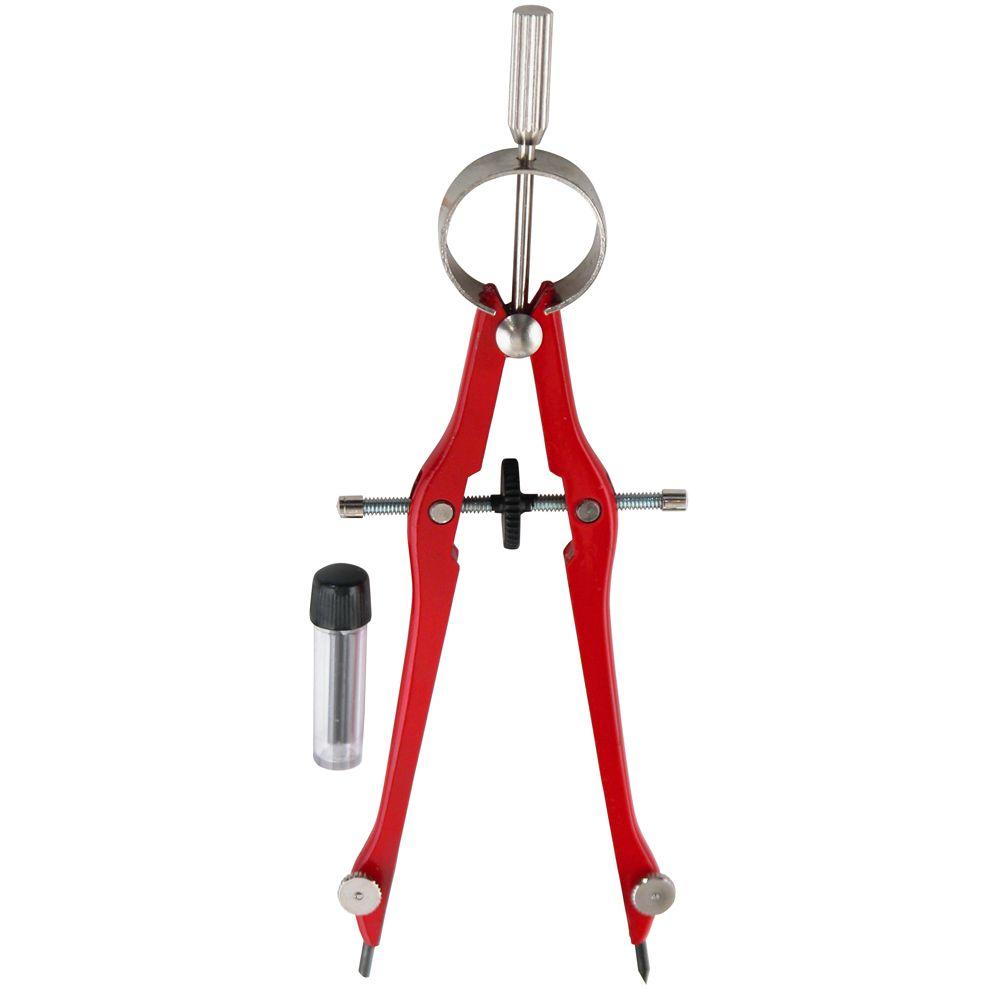A good number of smaller steering wheels come in an undrilled design.
I get it. Because race car. Lots of bespoke possibilities, so undrilled gives the builder the most flexibility.
It seems like there would be some resource out there for how to get all of your holes drilled on center and countersunk without ruining the expensive new wheel.
My Googling isn't up to finding that how to guide.

When I extended the steering wheel in my Mazda, I cut the original "bell" at the base and welded in a piece of thickwall water pipe. (Before you cringe, it's been something like 10 years of rallycross and about 80,000 miles since then) I tried hard to ensure it stayed concentric, but if you stick the steering wheel on a bare column and spin it, you can see that it is slightly off center.
Driving, you do not notice it at all. I can't even remember which way it's off.
There are a lot of OE wheels that are offset, I assume on purpose for more legroom while driving. It's not really noticable unless you know it's there and are paying attention.
I've never started with a blank wheel center, but I have changed a 5 bolt to 6. I drilled one hole as close to where I wanted it as I could, then I bolted the hub to it and used the hub as a template to drill the other 5 holes. As I drilled each hole I would enlarge it from the other side and run in a bolt. I had take a file to one hole to make it slightly oblong, but otherwise it worked fine.
A quick search did not yield me anything but I have made layout studs with a centered drilled stud with a punch pressed into it. Screw them in the mounting hole find your center and whack it with a hammer to mark hole locations.
You can use a lot of different techniques to find the center. (start with a piece of string or a scribe set at the same length, then mark the arc of it from multiple points)


Then using the radius of your bolt pattern, mark that as a circle. Then drill the top hole. Then use a hub to mark the remaining holes.
a string and a fine point marker can get you mostly there
See if you can find a PDF template of the wheel pattern you want to use, print it full size, tape it to the wheel, and hit the centers with a punch to leave a point to drill out. I made a set of engine mount adapters this way.
Seems to me that the wheel manufacturer could easily and cheaply include a paper template that aligns with the hard points on the wheel and marks the exact center.
Since they didn't, then I'd measure carefully, make a pattern, use a center punch, and still probably drill holes that weren't quite on center.
Is your bigger issue finding the center of rotation of the wheel? or of copying the bolt pattern of the holes you actually need to drill? Put anther way, what are you attaching this wheel to?
In reply to Robbie (Forum Supporter) :
It's going in a street car. A Seven. I'm looking at 260mm wheels (same size as found in most of Caterham's current line) which are mostly sold undrilled.
I want it to look good in the car, and I'm intimidated by freehand drilling several holes in a $200 part that I'm going to look at every time I'm in there.
As I'm thinking of it, my worry is getting mm perfect holes started, and then drilling them to the right spec. This wouldn't matter as much in a race car.
I do have the option of picking up a secondhand Caterham part. They're a Momo unit with a nice horn pad. That is an easy button.

I'm surprised the wheel manufacturer wouldn't at least Mark the center to give you a head start. Out for that matter even Mark a six hole pattern or other common patterns on the back. Or even provide a template for the common patterns.
boo.



































